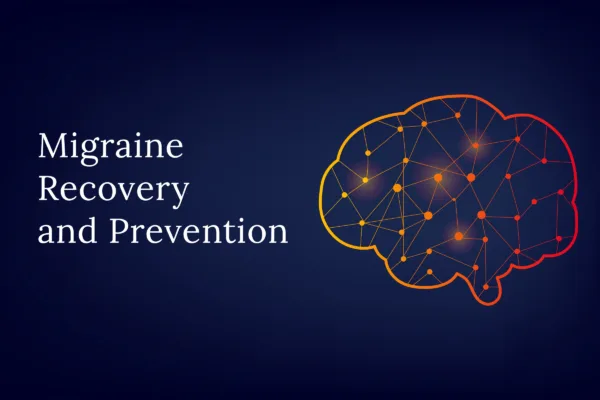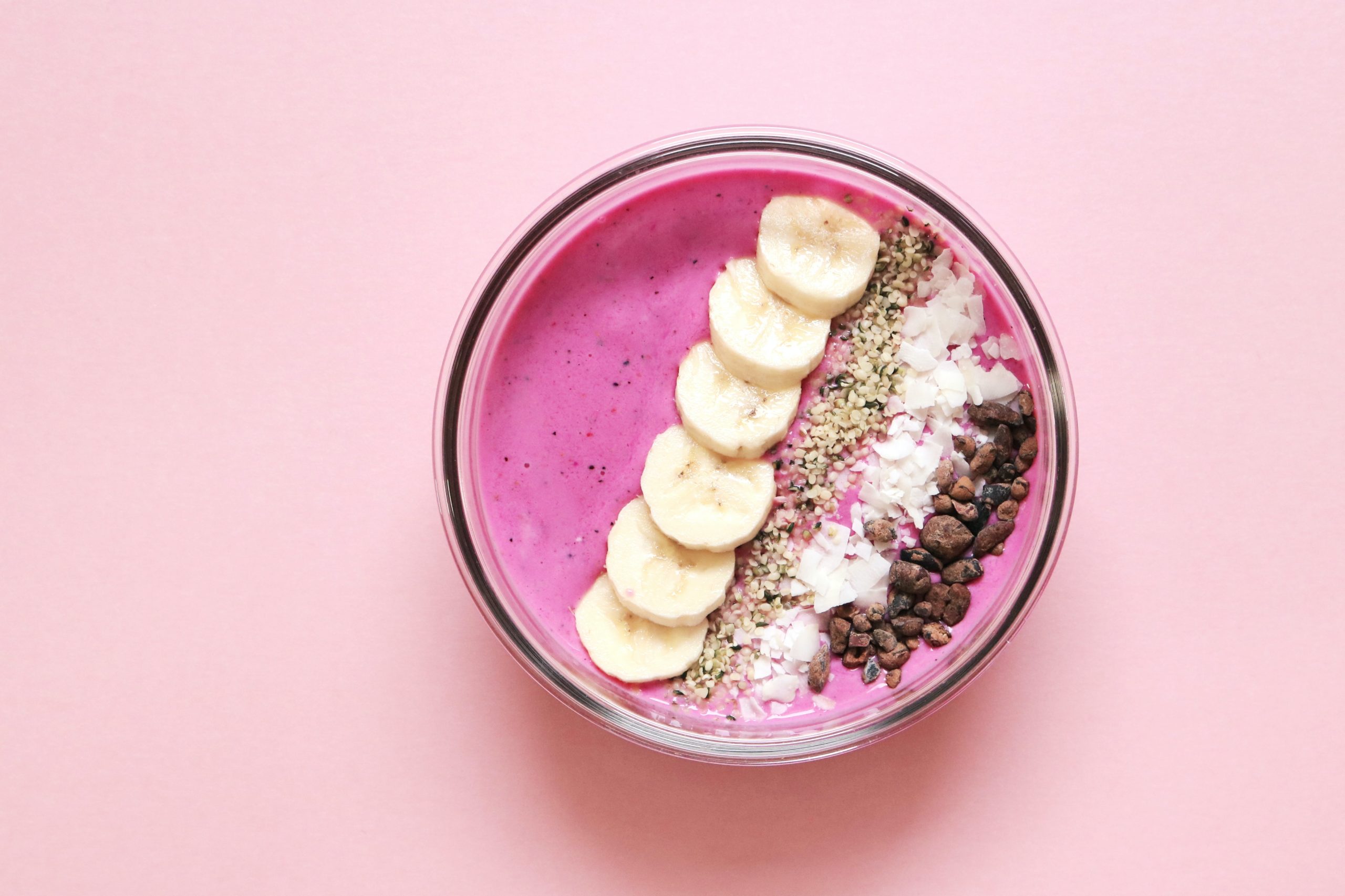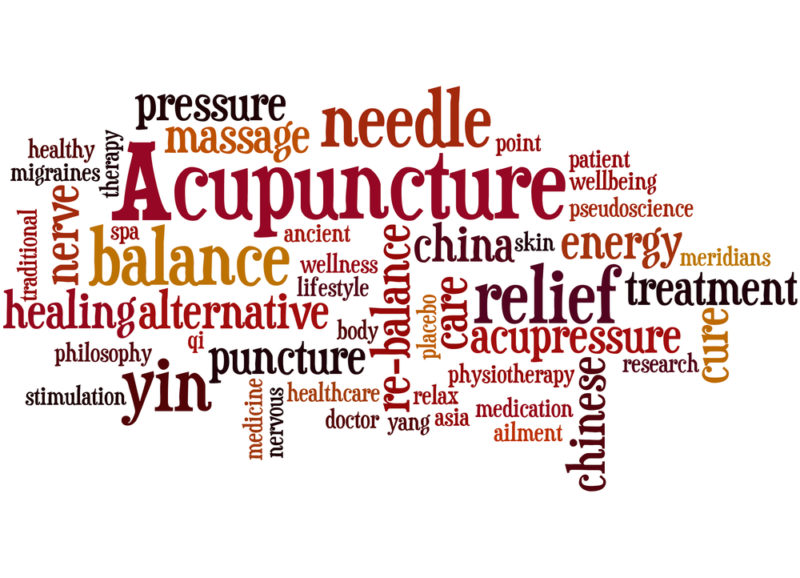Migraines can be intense, exhausting, and disruptive to daily life. At the Headache, Migraine & Concussion Centre (HMCC), we know that managing migraines goes beyond medication. A lifestyle-focused approach can help reduce migraine frequency, support recovery, and improve long-term brain health.
Here are six practical lifestyle tips to support your migraine recovery journey.
1. Add More Brain-Healthy Fats to Your Diet
Healthy fats like olive oil, wild-caught fish, avocados, and walnuts provide anti-inflammatory benefits that support brain and nerve health. A JAMA Network Open study showed that people who consumed more than 7g of olive oil daily had a 28% lower risk of dementia-related death.
These same anti-inflammatory properties can be helpful for migraine sufferers. Try using extra virgin olive oil in place of margarine or processed oils when cooking.
2. Cut Back on Inflammatory Seed Oils
Seed oils like soybean, corn, and canola are highly processed and rich in omega-6 fatty acids, which may trigger inflammation when consumed in excess. For individuals with migraines, chronic inflammation can heighten symptoms or increase sensitivity. Swap seed oils for olive, avocado, or coconut oil. Read food labels carefully, especially in packaged snacks and condiments.
3. Prioritize Consistent, Quality Sleep
Sleep disruption is a known migraine trigger. Maintaining a regular sleep schedule and creating a calming bedtime routine can help regulate your circadian rhythm and reduce nighttime migraines.
Looking for support with better sleep? BrainTap technology, available at HMCC, uses sound and light therapy to promote deeper, more restorative rest.
4. Manage Daily Stress Levels
Stress is one of the most common contributors to migraine attacks. It raises cortisol levels, impacts hormones, and can intensify nerve sensitivity. Daily stress management is essential for prevention and recovery.
Incorporate deep breathing, meditation, journaling, or time in nature. Explore how our integrative care team can help you create a stress-reduction plan that works for your lifestyle.
5. Choose Gentle, Consistent Movement
Exercise supports circulation and reduces stress, but overexertion can trigger migraines in sensitive individuals. Focus on low-impact movement like yoga, walking, or Pilates to reduce migraine frequency without triggering symptoms.
We offer personalized care plans that incorporate physical therapy and movement coaching. Contact us to learn more.
6. Track Your Triggers and Patterns
Tracking your diet, stress, sleep, and hormone patterns can help identify triggers and uncover patterns. A simple migraine journal or app can provide valuable insights for your care team.
Bring your records to your HMCC appointment to help us personalize your treatment plan.
Your Next Step to Migraine Relief
With the right tools, nutritional changes, and lifestyle strategies, managing migraines is possible. At HMCC, we offer a collaborative approach that addresses the root causes of your symptoms, not just the pain itself.
- Reduce inflammation with personalized nutrition plans
- Support brain health with technologies like BrainTap
- Develop a recovery-focused lifestyle strategy with your practitioner
Ready to feel like yourself again? Book a consultation with one of our migraine specialists today.


















